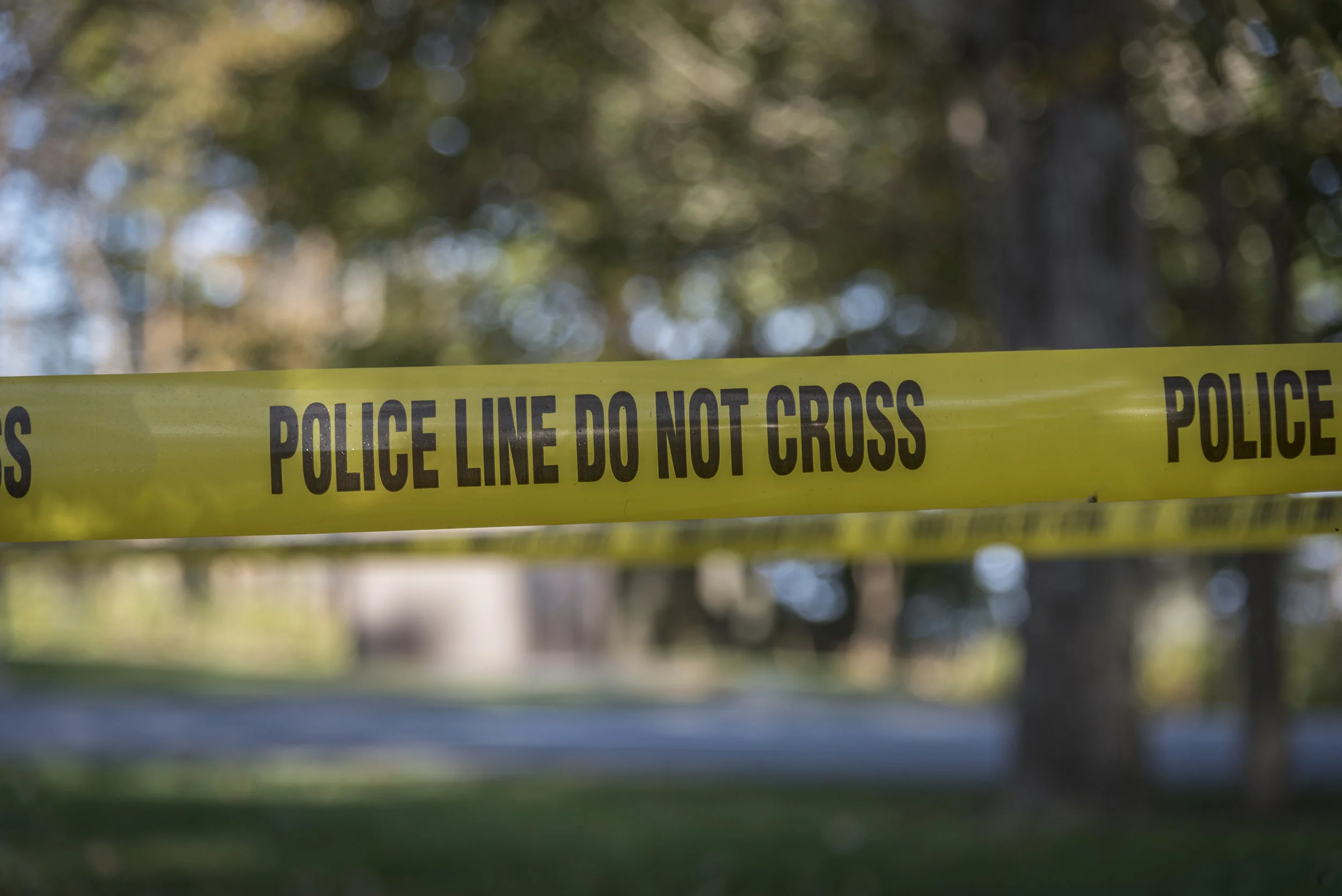2018: Making a truce with illegality and violence?
By Joel E. Gordon
On February 14, 2018, a gunman opened fire at Marjory Stoneman Douglas High School in Parkland, Florida, killing seventeen students and staff members and injuring seventeen others. The shooter was known to all in the system, yet all failed to derail the future killer’s deadly track. Protests ensued, and the emphasis on gun restrictions and control was front and center.
People began raising concerns about Cruz as early as age nine when he got in a rock-throwing fight with another boy. As he became a teenager, he showed a propensity for violence toward small animals, expressed enthusiasm about guns and knives and even began introducing himself as “a school shooter” according to reports published in the USA Today newspaper.
Deputies with the Broward County Sheriff’s Office were alerted to Cruz’s behavior many times over the years--they have released details of numerous calls to the Cruz home--and two deputies are now under internal investigation for their handling of his case. Even the FBI received two tips about Cruz and the potential threat he posed to schools, but the bureau never chased the leads far enough.
Since that time, have we continually failed to make progress in identifying and preventing individuals with a propensity toward possibly being the next active shooter to carry out their goal to kill?
Just this past summer alone:
• It is ascertained and alleged that starving children were being trained to become active school shooters in a Muslim compound on U.S. soil. A New Mexico judge denied prosecutors’ request that the five defendants be held without bond because the standards required for denying bail under state law had not been met on the state charges. (The FBI ultimately stepped up and arrested all five New Mexico compound suspects; days after multiple state charges were dropped entirely. The suspects were charged with violating federal firearms and conspiracy laws).
• The suspect in the Jacksonville mass shooting lawfully purchased two guns from a licensed dealer in Maryland. Investigators stated that he bought the firearms approximately two weeks before the shooting. Court records also showed the murderer had been previously hospitalized for mental illness. Officials noted that the gunman had a .45 caliber gun and a 9-mm gun in his possession, one of which was used to kill two participants in a video gaming competition and resulting to injuries to eleven others before the gunman killed himself.
• A man was reportedly accused of being heard saying that he wanted to kill everyone during a class at West Virginia University. He allegedly said he wanted to get a gun and shoot people in a class at the Health Science Center at West Virginia University. According to a criminal complaint, the student said, “I honestly feel like going home and getting my gun and killing everybody,” and, “I seriously just feel like doing a mass shooting.” The complaint says that two victims notified police that they were afraid and believed he was serious. West Virginia criminal code says making terroristic threats can be punished, if found guilty, with one to three years in prison and possibly a fine of $5,000 to $25,000. The Morgantown West Virginia Dominion Post newspaper reported that the accused was arraigned in Monongalia County and was merely released on $50,000 bond pending trial.
Many other examples unfortunately surely exist throughout the United States, where warning signs are ignored, left under-investigated or not taken seriously enough on local, state or federal levels. The point being, this is not strictly a gun problem or a law enforcement problem needing a reactive response.
As it’s been often said, if it’s predictable, it’s preventable. We must never become so complacent and desensitized so as to, in effect, make a truce with and become accepting of illegal or violent acts. We as a society need to insist that our lawmakers, mental health professionals and judicial partners do what is necessary to assist law enforcement in proactive prevention of such incidents through better identification, detention and treatment for those who would cause us harm by any means.
Joel E. Gordon is a former Field Training Officer with the Baltimore City Police Department and is a past Chief of Police for the city of Kingwood, West Virginia. He has also served as vice-chair of a regional narcotics task force. An award-winning journalist, he is the author of the book Still Seeking Justice: One Officer’s Story and founded the Facebook group Police Authors Seeking Justice. Look him up at stillseekingjustice.com







